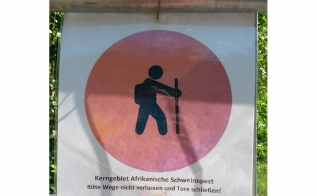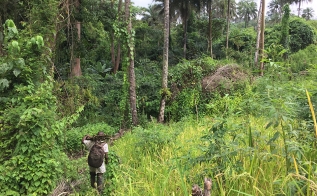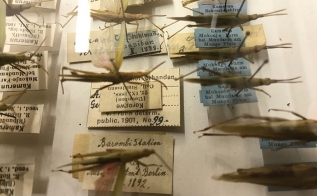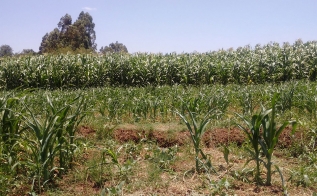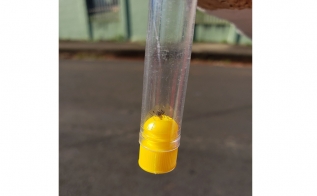
Description
Mobile Mosquitoes – Understanding the Entangled Mobilities of Aedes Mosquitoes and Humans in India, Mexico, Tanzania and Germany
This project establishes an interdisciplinary research consortium to study the entangled mobilities of humans and Aedes mosquitoes in India, Mexico, Tanzania and Germany. The project examines mosquito dispersal in relation to human movement both in terms of long-distance (tire trade, boat and plane transportation) and short-distance (from local buses to watering cans) mobility. It systematically analyses how the mobility of people and things (migrants, tourists, objects of travel and trade) is interlinked with the mobility of Aedes and the spread of associated arboviral diseases. We study (i) which mosquitoes move where and how, including their larvae, and long-term egg survival, (ii) if and how mosquitoes hitch ride on human infrastructure, and (iii) the socio-economic mobility patterns of humans and how these might contribute to mosquito dispersal. This “multispecies approach” will generate mobility maps of humans and mosquito species that can be overlayed and analysed for their entanglements. The invasive mosquito species Aedes, vector for a variety of arboviral diseases, is a paradigmatic case of how human and nonhuman mobility converge in contemporary societies. Understanding their entangled movement is of utmost importance for developing successful vector control strategies.
This project is financed by the Volkswagen Stiftung and runs from 2020 to 2026.
The project team includes: Prof. Dr. Uli Beisel, PD Dr. Carsten Wergin (Universität Heidelberg), Prof. Dr. Gerardo Suzán (Universidad Nacional Autónoma de Mexico), Dr. Fredros Okumu (Ifakara Health Research and Development Centre, Tanzania), Dr. Ashwani Kumar (Indian Council of Medical Research, Vector Control Research Centre), Dr. Norbert Becker (Gesellschaft zur Förderung der Stechmückenbekämpfung e.V., Germany)



